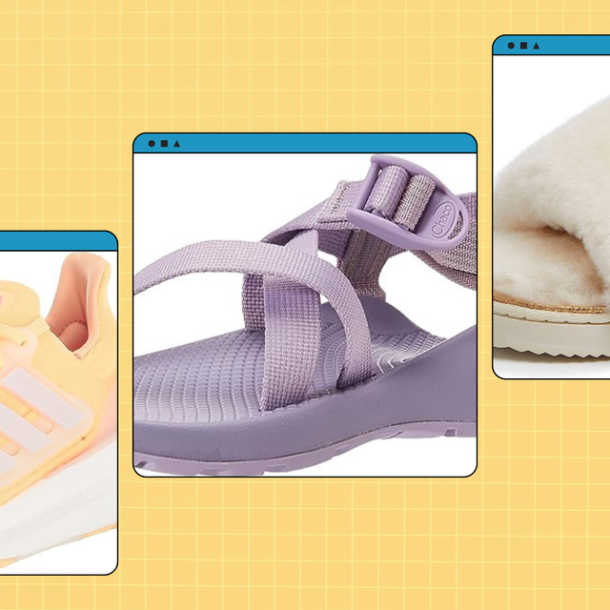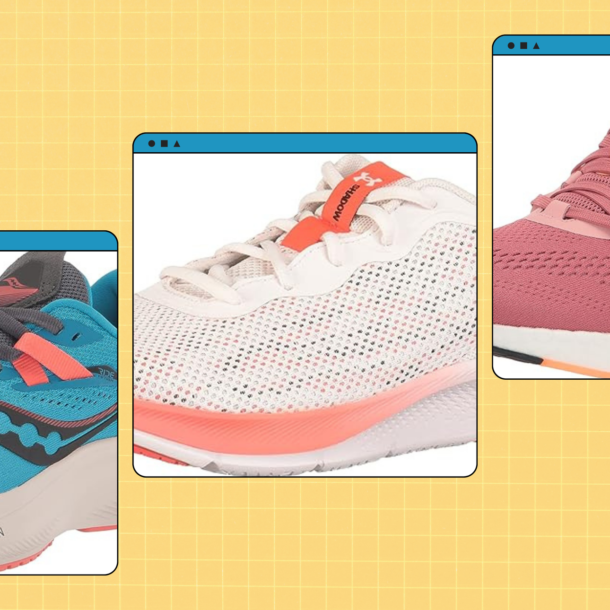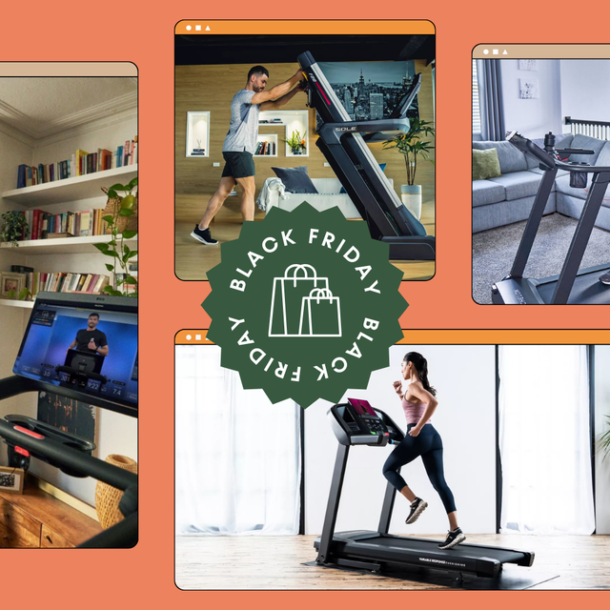
The Best Sneakers for Every Type of Runner, According to Experts
Choosing a pair of running shoes is a lot like dating. There’s a number of options out there—all with their own unique characteristics and qualities—and sometimes you need to try out a few different types before you find the right fit. In the case of sneakers, however, let SELF be your matchmaker. Here’s what you need to know.
How to pick a pair of running shoes
Before you browse our choices, keep in mind that everyone’s footwear needs are different. One person might benefit from something with more cushion, while another may prefer a speedy, streamlined shoe. “Deciding on the best running shoe for you is a very individual decision,” Morgan Busko, MD, sports medicine physician at New York-Presbyterian/Columbia University Irving Medical Center, tells SELF. That’s why she highly recommends doing a gait analysis at a running store, to help pinpoint your specific needs.
If you can’t get to one, there are still some other tips to keep in mind. Dr. Busko suggests seeking a shoe that’s specifically designed for running—rather than a standard sneaker or walking shoe. “It should feel more rigid and most comfortable while running,” she says, adding it’s also important to find a shoe with a comfortable heel to toe drop (the difference in height between your heel and the ball of your foot) and one that allows your toes to spread freely, without restriction.
What’s more, there’s no singular perfect shoe for all types of training: You may want to have different options for everyday jogs, long runs, or speed workouts, Dr. Busko says. For instance, a sneaker with a lighter weight may feel better when you’re pushing the pace, but you may prefer more cushion for longer routes—even if that makes your shoe a bit heavier. To help narrow down your search, we curated a list of the best running shoes, based on insight from running coaches, sports performance experts, and SELF Sneaker Award testers and staffers.
All products featured on SELF are independently selected by our editors. However, when you buy something through our retail links, we may earn an affiliate commission.
-
1
Best for Beginners: Nike Pegasus
The Nike Pegasus is a tried and true favorite in the running community for a reason: “This shoe is great for not just beginners, but also for anyone who wants a good neutral running shoe for everyday runs,” Ariela Pohl Bickell, DPT, physical therapist based in Washington DC, tells SELF. “It is a good balance between feeling lightweight but giving enough support for long runs.” Not only does this sneaker offer a lot of spring in each step (often referred to as responsiveness or energy return), but the latest version also features more cushioning in the toes and arches, for optimal comfort.
-
2
Best Springy Ride: New Balance SuperComp Trainer
For a truly responsive ride, you may want to look into a shoe that has carbon plate technology, like this New Balance trainer. This design element provides a spring-like effect, which reduces the amount of energy a runner needs to put into every stride. “The lightness of the shoe helps you feel versatile, and it’s built to handle shorter and longer distances, which not many shoes can provide,” Ceren Keylon, a NASM-certified personal trainer and NSCA-certified run coach, tells SELF. “It’s got a bouncy ride, which improves efficiency.” She adds that the SuperComp Trainer has the perfect amount of foam.“I have a friend who ran a full marathon in these shoes and said she felt comfortable the whole way.”
2023 Healmyselfnow @ All Rights Reserved


